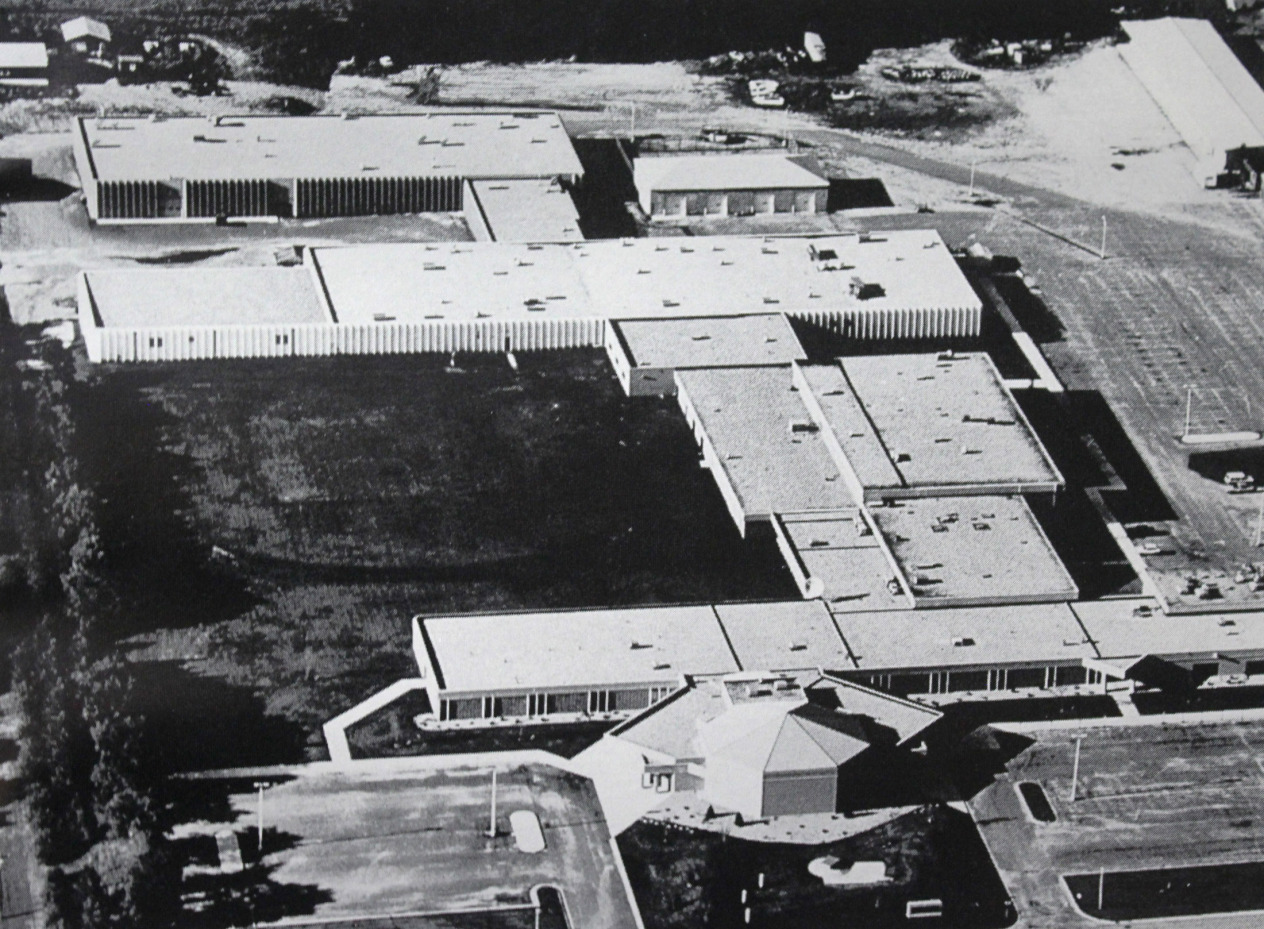Title
HUM2301 - Heroes, Moral and Cultural
Description
Description
Meets MnTC Goal Areas 2 and 6. The term "hero" is sometimes used synonymously with the term "role model," and in this class we will identify what characteristics are present in the heroic figure as well as explore the motives of the hero. Why do we expect our heroes to suffer? The vast majority of heroes are single; why? Is it related to the notion of "incorruptibility," or is it to spare them the "hard decisions" (to save a spouse or three other strangers)? Are there links or analogies to the story of Jesus? What do we admire about heroes? Is it the chameleon property? What kinds of things can be considered "superpowers" and what do they represent figuratively, metaphorically, mythically, symbolically, morally and culturally? Are heroes archetypically different according to gender, or are heroes gender-neutral? Are heroes representatives of the culture they originate in, or are they products of that culture, or both? Are heroes representatives of a particular moral position, or are they a "generic good?" These are the types of questions we will explore in this class.
API ID
Credits
3 (3/0/0)
Competencies
- Explore the moral and cultural context that we most often encounter heroic actions.
- Compare and critique heroes and villains at the cultural and moral levels.
- Construct informed and relevant arguments that can clearly distinguish heroic actions from non-heroic actions.
- Generate and formulate positions regarding recurring themes covered in the texts and in class.
- Examine the conceptual problems that may arise as we evaluate the action from the perspectives of the hero, the villain and others affected by the action.
- Analyze and articulate the logical connections regarding the duality of good and evil; can there be one without the other?
- Analyze the necessary and/or sufficient conditions for correctly identifying heroes.
- Assess the theoretical and practical implications that follow from having heroes as role models.
- Identify the implicit cultural and moral presuppositions made by heroes.
Goal Areas
2. Critical Thinking
6. The Humanities and Fine Arts
